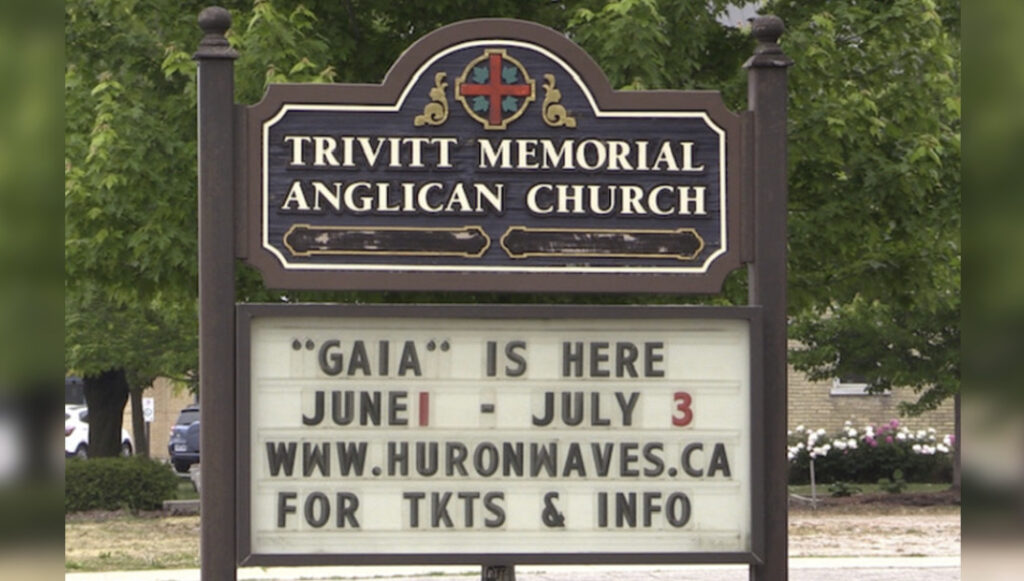
I’ll give this to Trivitt Memorial Anglican Church in the Diocese of Huron: they are completely open about the god they serve: Gaia.
Most ACoC churches use tradition Anglican FudgeTM to conceal their abandoning of Christianity. Not Triviit! They advertise the fact.
From here:
When you walk inside Trivitt Memorial Church in Exeter, Ont., it’s hard not to be taken aback by the sheer size and scale of the Earth, unlike what many people have ever seen.
“You walk in the front door, and you’re just sort of greeted with the biggest interpretation of Earth, I think, I’ve ever seen. It’s bigger than a cinema screen or projection, and I really appreciated it. The kids walked in and had that ‘A-ha!’ moment. They were blown away,” said Darryn de Souza, who brought his homeschool class from Perth County to see GAIA.
Measuring 20 feet wide and six metres in diameter, this version of Earth is suspended from the ceiling of Trivitt Memorial Church, spinning to the sounds the astronauts aboard the spacecraft that took the pictures that made this display possible.
“Generally, people say ‘Look at how much water there is. Look how far north Canada is. Look at the size of Africa, as a continent’,” said the man who helped bring the GAIA exhibit to Exeter, John Miller.
GAIA, named after the Greek Goddess of Earth, mother of all life, is the centrepiece of the Huron Waves Music Festival this summer. Eight concerts, inspired by GAIA, take place between now and July 3rd. That’s when the inflated balloon leaves Exeter.


 Under the tutelage of Rev. Kevin George, the youth group at St. Aidan’s in London has painted some rainbow doors “to display as a sign of solidarity with the LGBTQ+ community”.
Under the tutelage of Rev. Kevin George, the youth group at St. Aidan’s in London has painted some rainbow doors “to display as a sign of solidarity with the LGBTQ+ community”.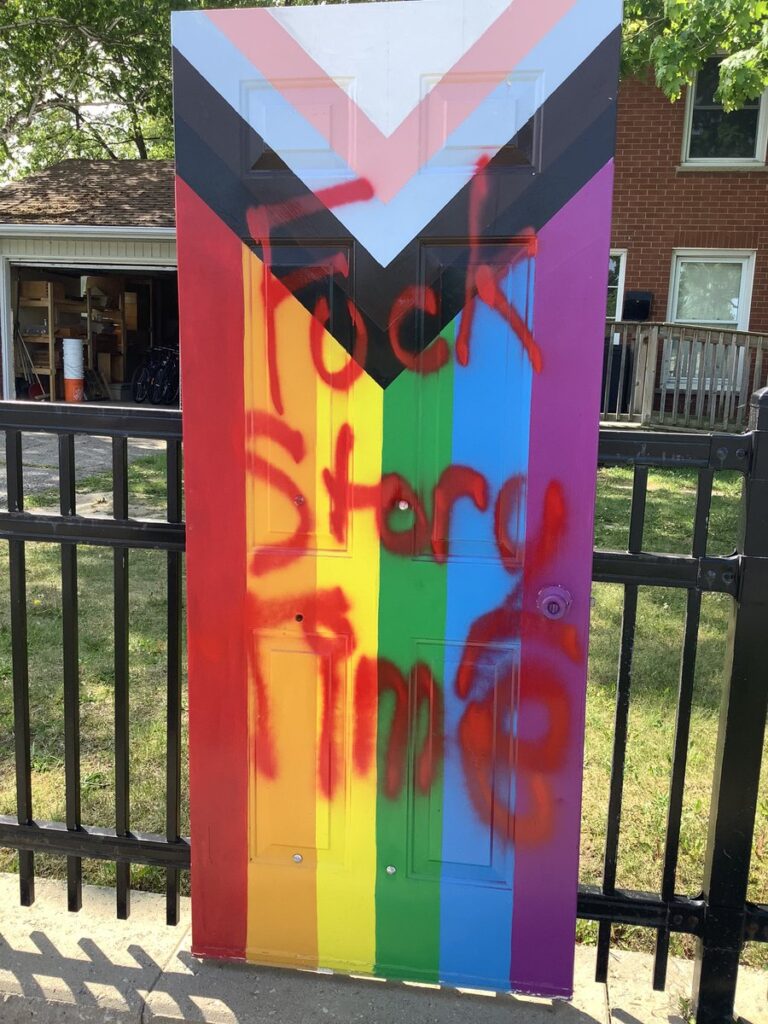


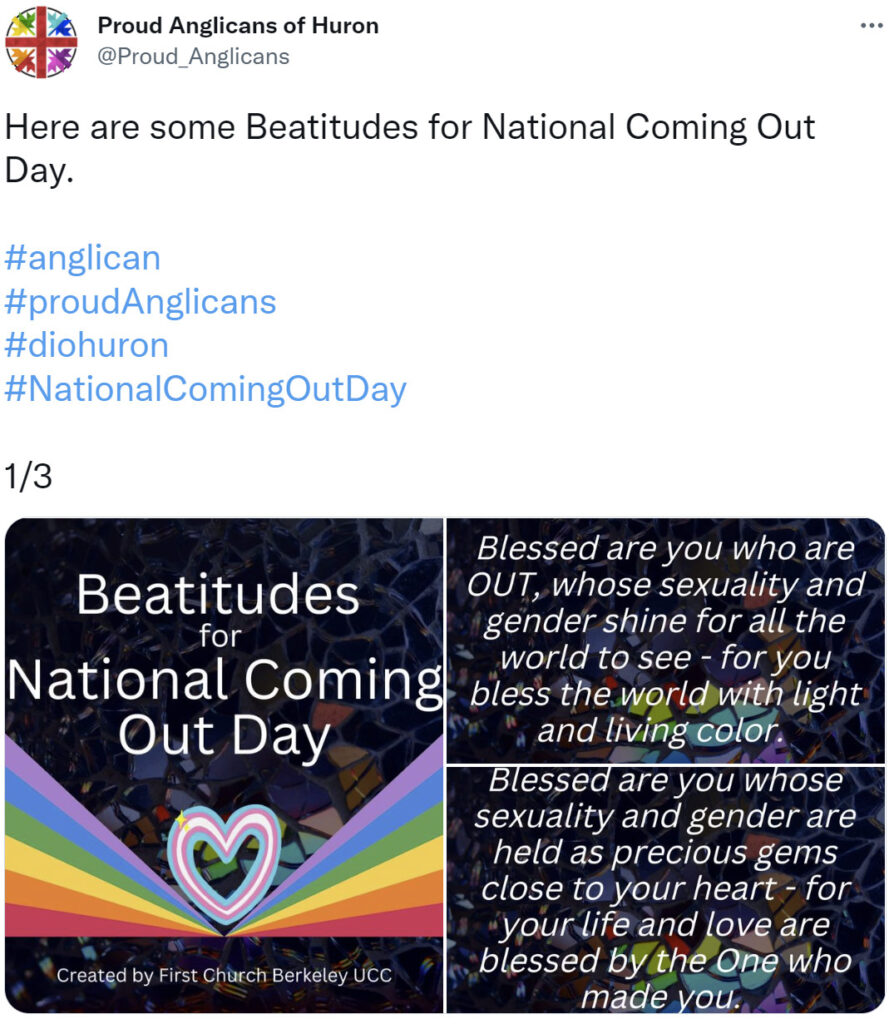


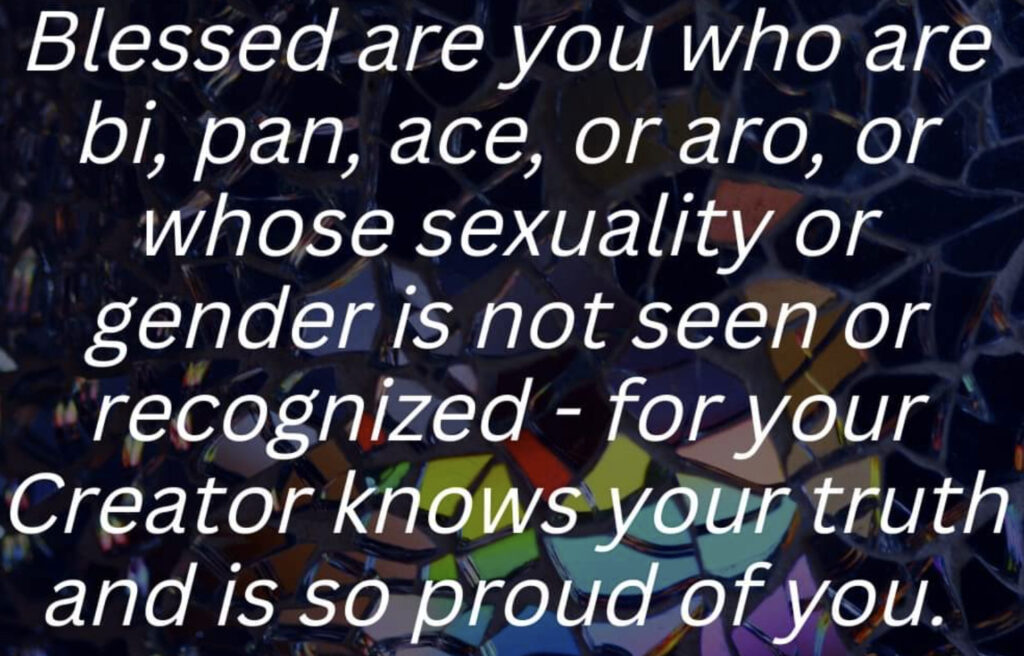
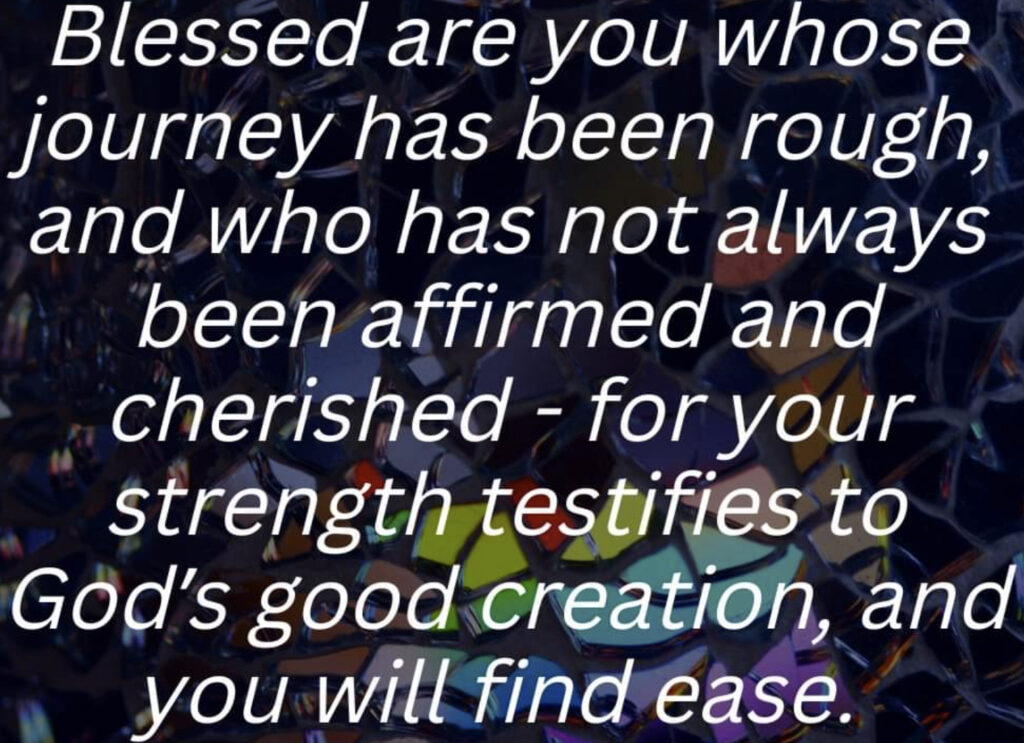
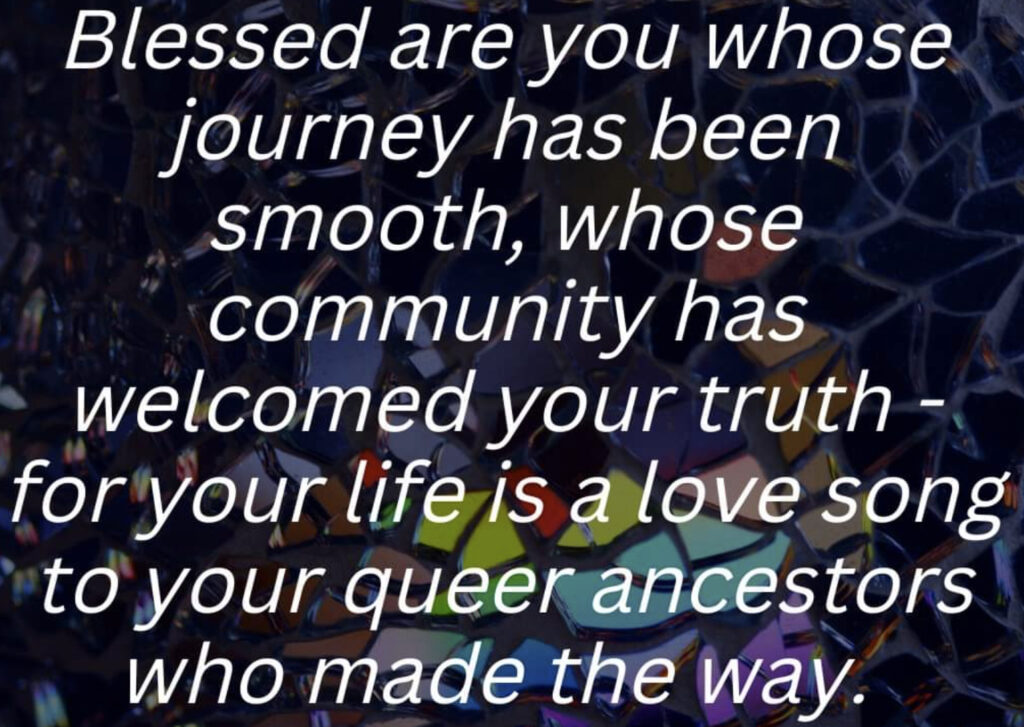
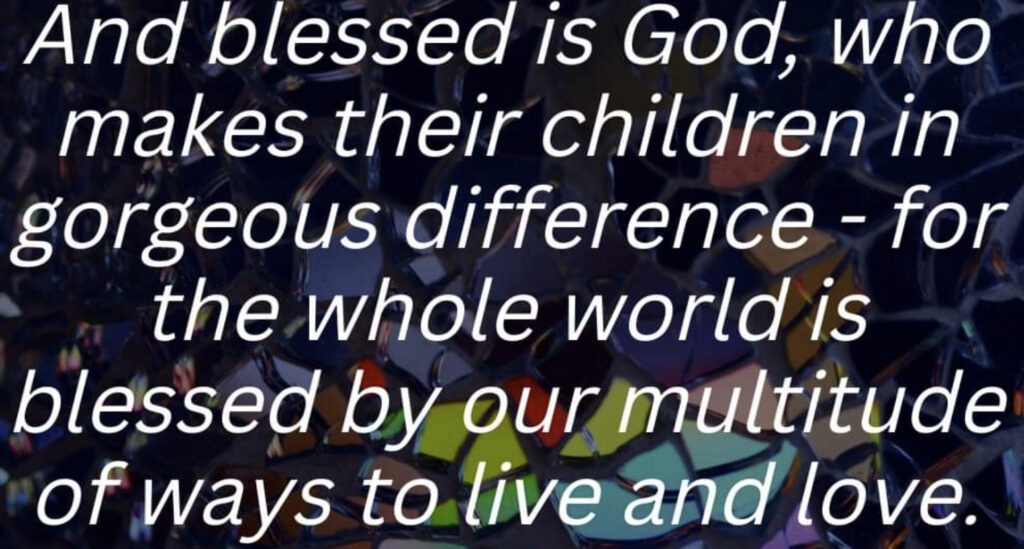
 October 20 is International Pronouns Day. This day seeks to make respecting, sharing, and educating about personal pronouns commonplace. Referring to people by the pronouns they determine for themselves is basic to human dignity – it is about respecting and honouring people for who they are – in fullness. It is about breaking down the gender binary, stereotypes, and assumptions – and hearing people for who they are and the language that feels right for them. It is about celebrating the diversity of God as emulated through God’s diverse children.
October 20 is International Pronouns Day. This day seeks to make respecting, sharing, and educating about personal pronouns commonplace. Referring to people by the pronouns they determine for themselves is basic to human dignity – it is about respecting and honouring people for who they are – in fullness. It is about breaking down the gender binary, stereotypes, and assumptions – and hearing people for who they are and the language that feels right for them. It is about celebrating the diversity of God as emulated through God’s diverse children.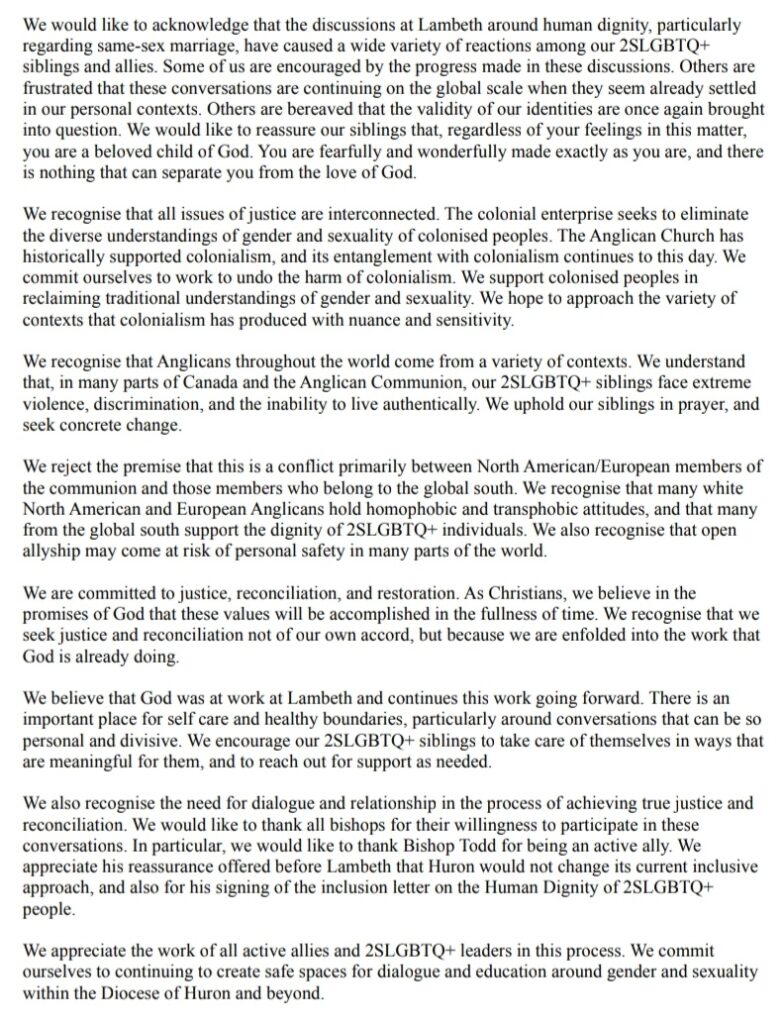
 As we move through the Easter season and look towards Pentecost, I want to offer a reflection, a “queering” of the story of Pentecost and what it means for our ideas of community and communion.
As we move through the Easter season and look towards Pentecost, I want to offer a reflection, a “queering” of the story of Pentecost and what it means for our ideas of community and communion.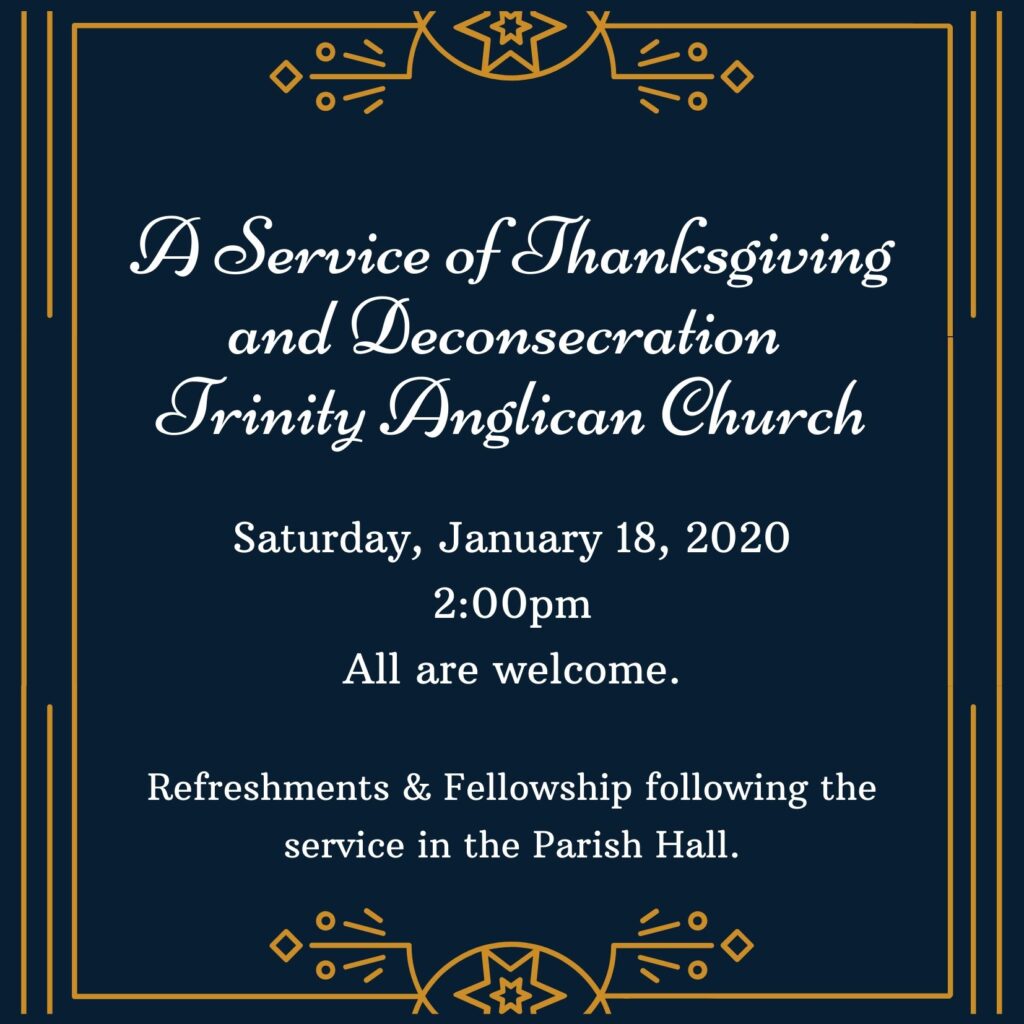

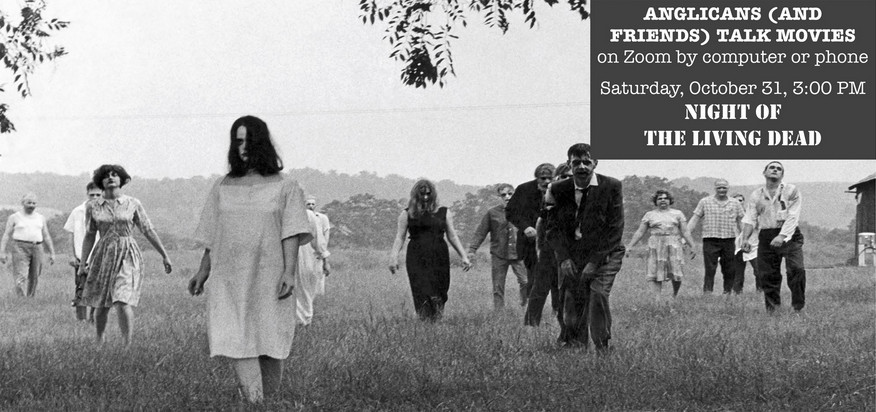 Saturday from 15:00 EDT-16:15 EDT
Saturday from 15:00 EDT-16:15 EDT